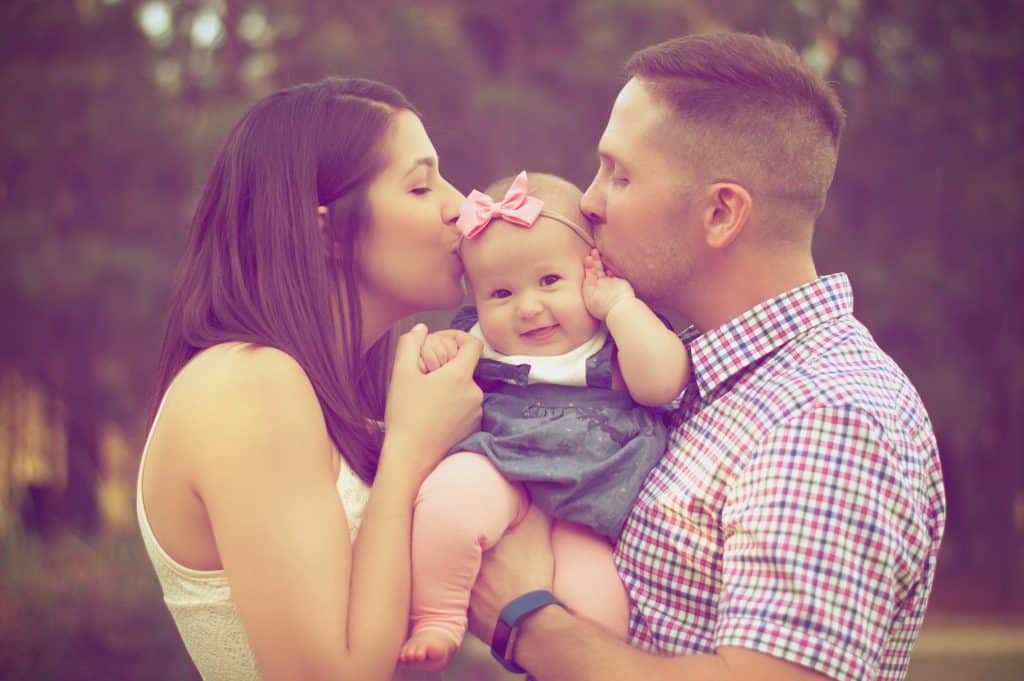Remember when your children were first born?
You probably planned every detail of the baby’s room: from the wallpaper to the crib, to the ambience.
And you probably put the same level of thinking into planning their education. What schools will give your kids the best chance at a wonderful future?
You should apply the same thinking about making a will.
Further reading: how to avoid inadvertently leaving money to your ex
A will is a legal document that specifies who will inherit your assets and property when you die. But a will is much more than just a way of distributing your property when you are gone – especially if you have young children.
For parents, making a will is the single most important thing you can do to ensure that your children are cared for by the people you would choose to raise them if something happened to you before they reach adulthood.
Making sure your assets go to your kids
If you die without a will, it means you have died “intestate” and there is no guarantee that your assets will go to the people you want.
In Victoria your spouse, if you have one, would receive all of your personal chattels, the statutory legacy plus any interest, and half of the balance of the residual estate. The rest would be earmarked for your children. There are exceptions to this rule depending on whether your partner is the biological parent of your children.
It also means that you have no control over who distributes your assets. Administration of your estate may be delayed if there is infighting among relatives about who should take control of the estate. It’s an inflexible formula. Ultimately, your kids may be disadvantaged if you don’t have a will drawn up.
Appoint a suitable guardian
If you pass away without a will, the Court will decide who should care for your children. That person might have very different ideas about parenting than you. In your will, you can choose a testamentary guardian for your children and make sure that they are looked after by someone you love and trust.
Ideally you and your spouse or partner should name the same person in your Wills as guardian to avoid confusion and conflicts. Many parents also choose an alternate guardian in case their first choice is unwilling or unable to take on the responsibility. (e.g. aging grandparents are no longer up to the task.)
Save emotional hassle
Losing someone is incredibly hard, and the last thing anyone wants to do is spend those difficult times dealing with lawyers or haggling with family members.
Making a Will keeps your loved ones from having to deal with legal hassles in a time of sadness. It will also give you peace of mind knowing that you have done everything necessary to ensure that your loved ones are looked after in the best way possible.
Bayside Wills and Estates have been helping families plan their wills and protect their assets for many years. Contact us here to discuss your will today.




